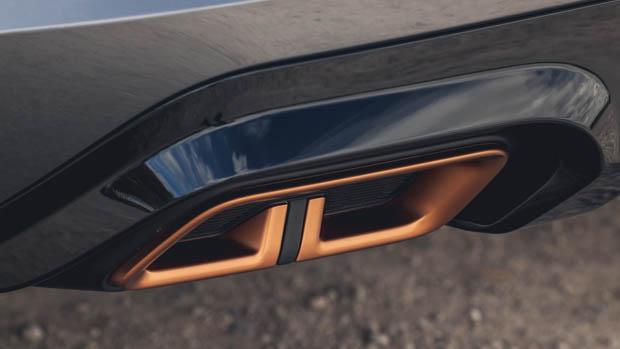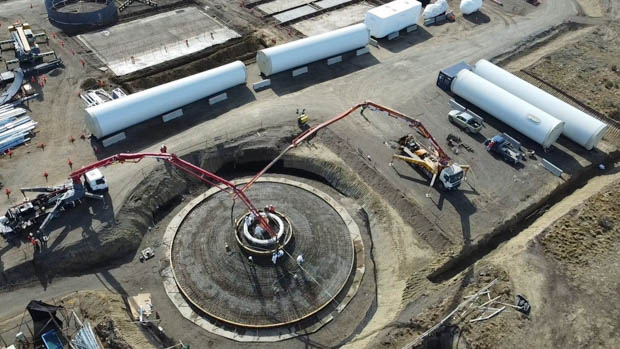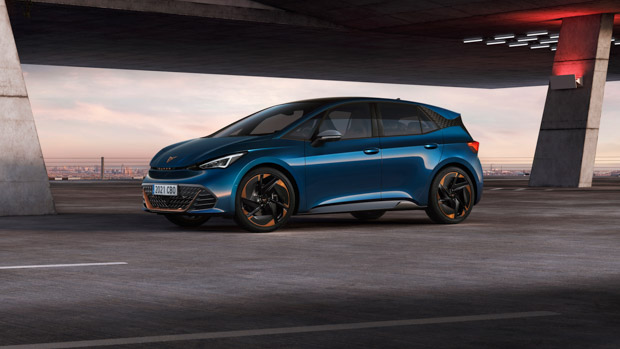-
Car Reviews
- All reviews
- Midsize SUVs
- Small cars
- Utes
- Small SUVs
- Large SUVs
- Large cars
- Sports SUVs
- Sports cars
- Vans
Latest reviews
- Car News
-
Car Comparisons
Latest comparisons
- Chasing Deals
Global head of Cupra Wayne Griffiths has indicated his interest in synthetic fuels – a project being pursued by VW co-brand Porsche
Wayne Griffiths, the global head of the Volkswagen Group’s new performance brand Cupra, suggests that synthetic fuels could save the petrol engine if it can guarantee zero tailpipe emissions.
Speaking exclusively with Chasing Cars, Griffiths said he was agnostic in his approach to zero-emission powertrains, and could support the idea of Cupra cars using battery-electric arrangements, petrol engines on synthetic fuel or hydrogen fuel-cells.
The only requirement is that – in accordance with strict European Union regulations entering force in the mid-2030s – emissions from driving the car must be zero.
“As long as they have zero emissions. And as long as the synthetic fuel is in some way affordable for the customer, then why not?,” said Griffiths.
“How [Cupra] achieves that, whether that’s battery electric vehicles, whether that’s hydrogen, whether synthetic fuels… I’m not the engineer or the scientists, but I would never be dogmatic,” Griffiths added.
With Cupra being a brand under the Volkswagen Group, it links the company with Porsche, who has invested over $100 million into synthetic fuel production facilities around the globe.
Cupra will shortly begin sales of several models following its market launch in Australia, including the Leon hatch, Ateca SUV and Formentor SUV.
The first wave of Cupra models for Australia use either a petrol engine alone or a petrol-electric plug-in hybrid powertrain. Later, in early 2023, Cupra will introduce its Born battery-electric hot hatch locally.
Porsche is supporting efuel company HIF Global that has facilities in Chile, the US and, eventually, in Tasmania under the Asia Pacific arm of the business.
HIF Global aims to produce over 8 billion litres a year of synthetic fuels, with the Tasmanian arm of the business expected to produce up to 100 million litres per year of sustainable fuels for the global market.
Sustainable fuels are created by mixing hydrogen with carbon dioxide to create a petrol-like substance that can run in normal combustion engines. HIF Global’s sites in Chile and the United States are currently producing this fuel overseen by Porsche and other investors.
When launching the new Cayman GT4 RS this year, Porsche also debuted at the same time synthetic fuel capabilities for the Cayman’s flat-six engine, showing what could be in store for performance cars in the near future.
Formula One will, too, switch all of its engines to sustainable fuels by 2026 in a bid to reduce carbon emissions in racing.
Latest news
About Chasing cars
Chasing Cars reviews are 100% independent.
Because we are powered by Budget Direct Insurance, we don’t receive advertising or sales revenue from car manufacturers.
We’re truly independent – giving you Australia’s best car reviews.



